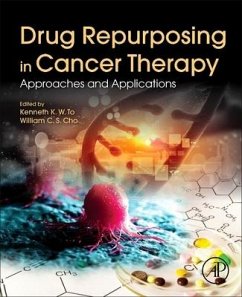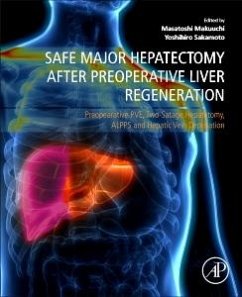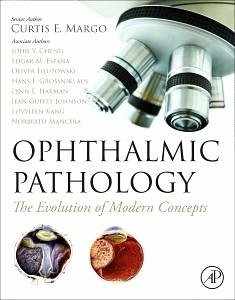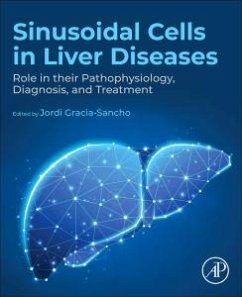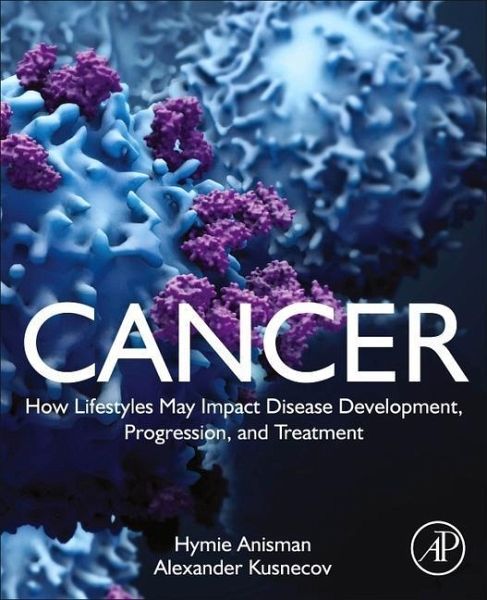
Cancer
How Lifestyles May Impact Disease Development, Progression, and Treatment

PAYBACK Punkte
81 °P sammeln!
Cancer: How Lifestyles May Impact Disease Development, Progression, and Treatment explores different processes that influence the efficacy of treatments and what lifestyle and behavioral modification options are available to patients to improve therapy responses, with a focus on addressing their strengths and weaknesses. The book discusses mechanisms by which particular lifestyles may affect cancer processes, including various aspects of immune functioning, inflammatory and energy-related processes, reactive oxygen species, hormonal and neurotransmitter mechanisms, the role of neurotrophins, a...
Cancer: How Lifestyles May Impact Disease Development, Progression, and Treatment explores different processes that influence the efficacy of treatments and what lifestyle and behavioral modification options are available to patients to improve therapy responses, with a focus on addressing their strengths and weaknesses. The book discusses mechanisms by which particular lifestyles may affect cancer processes, including various aspects of immune functioning, inflammatory and energy-related processes, reactive oxygen species, hormonal and neurotransmitter mechanisms, the role of neurotrophins, and microbial effects. Considerable attention is devoted to the impact of psychosocial processes that indirectly affect disease occurrence, and to behavioral change methods.





